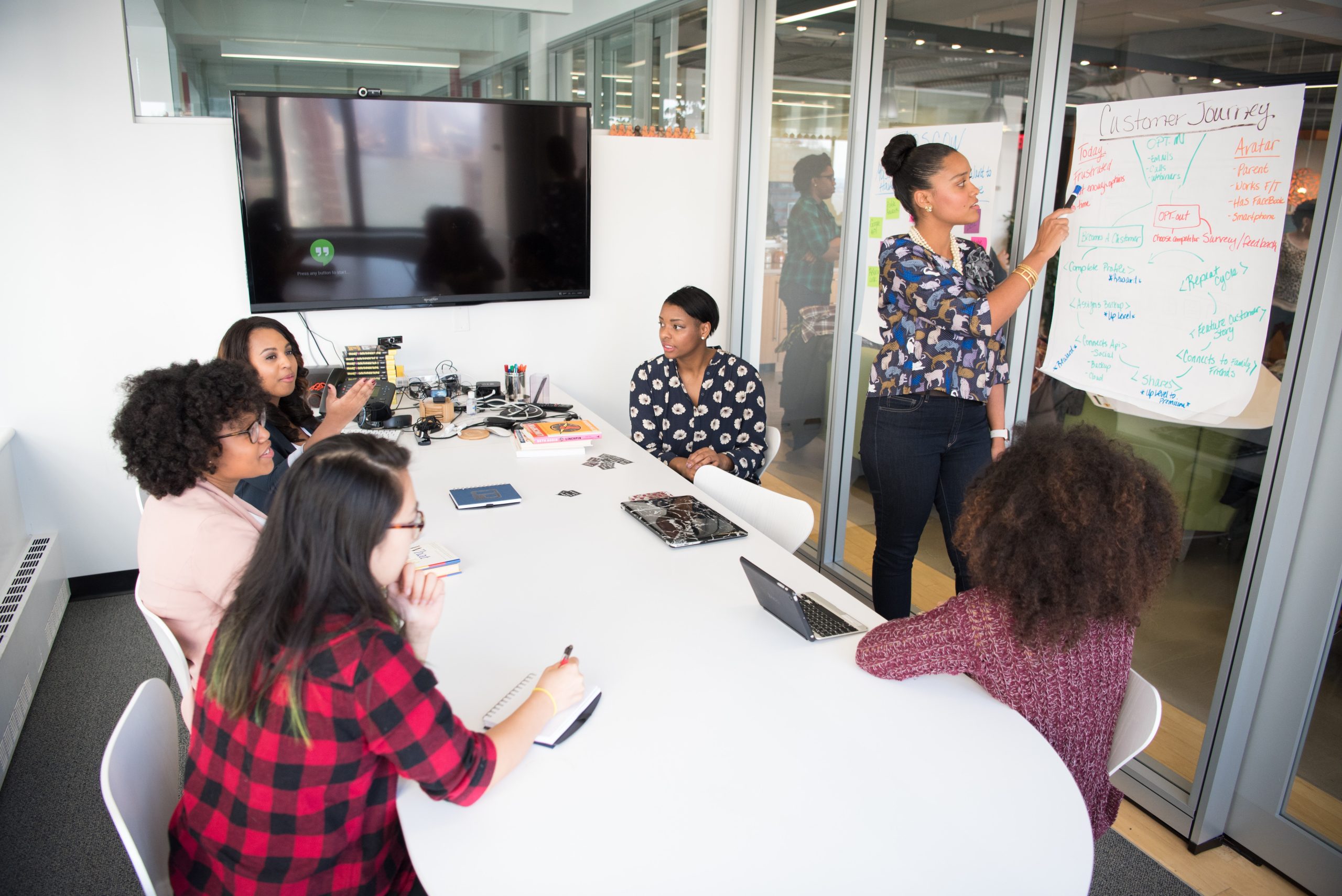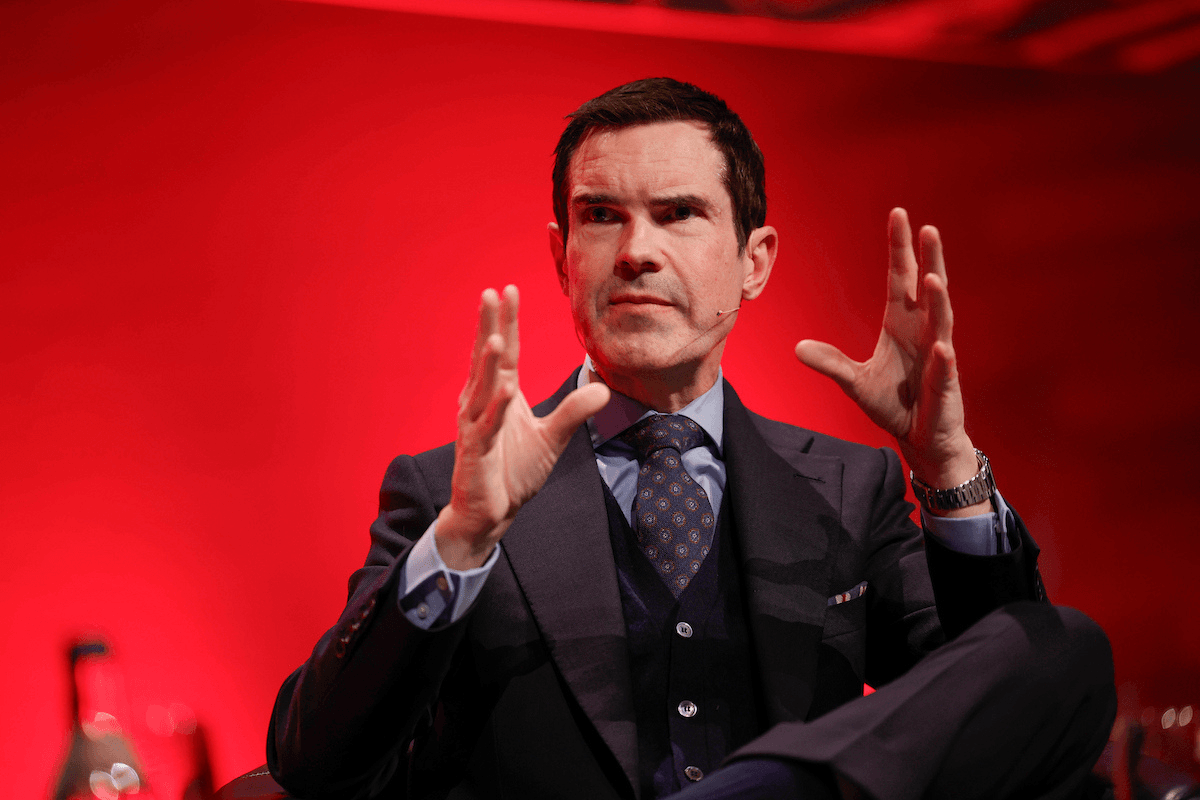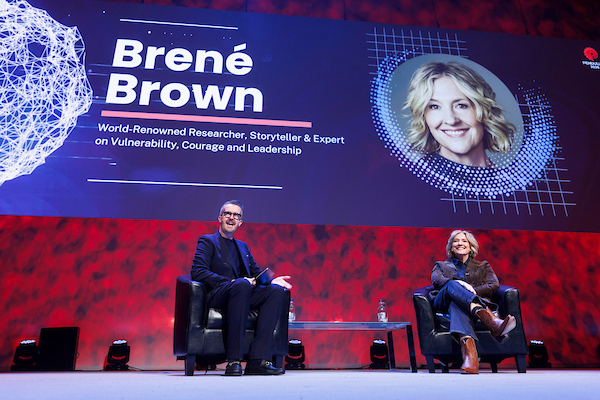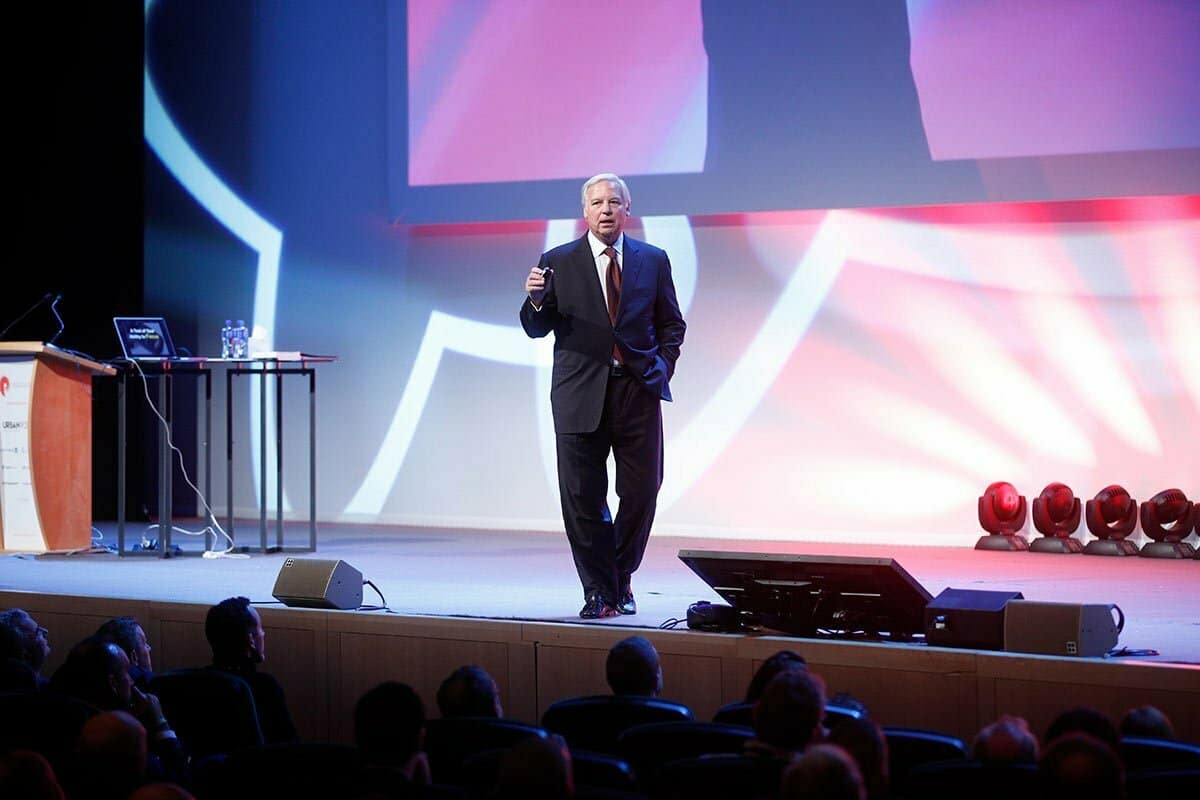COVID-19 Ripple Effects: Organisational Culture
As we’ve passed the three year anniversary of COVID-19, businesses everywhere are still feeling the ripple effects of organisational disruption. With the introduction of working from home and hybrid working models, along with a litany of other adaptations to accommodate our new norm, there is one fundamental element of organisations everywhere that is forever affected. That element is organisational culture. Organisational culture is a phenomenon that academics and experts have spent countless years attempting to identify and encapsulate into a clearly-defined conceptual framework. As we have begun to reach a more steady norm, leaders in organisations across the globe are considering how their people and businesses have evolved with our new circumstances. At the beginning of the pandemic, organisational leaders inserted swift business strategies to mitigate disruption. Now, it’s necessary that business leaders consider what changes these modifications have brought to their organisational culture.
What is organisational culture?
“Culture is how organisations ‘do things’.” — Robbie Katanga
While simply put, this short quote perfectly captures the simplicity and simultaneous complexity that is organisational culture. Think about it. Organisational culture is everything that an organisation is. This includes its people, its norms, its rules and regulations, its background, its founders, its industry and a plethora of other elements. Defining an organisation’s culture is a way of making sense of its patterns, behaviours and people.
Culture can be studied through observable repeated behaviours and patterns. Many academics argue that to improve the quality of outputs, you must first improve the quality of your culture. If you have cultivated a culture with a strong emphasis on high-performance and accountability, your employees will be open to constructive criticism, sensitive to deadlines and deliver quality outputs. The complexity surrounding organisational culture arises in that it is easily disrupted. As an immense disruption to every aspect of our lives, the pandemic changed the organisational culture of every business in the world, at varying levels and depths. In the following sections, we’ll dive into some of the areas in which organisational culture may have been affected by COVID.

At the core of every business is its employees. Your employees are your most valuable asset to your organisation, each individual offering a unique set of skills, knowledge and perspectives. The happier your employees are, the more likely your organisation is to succeed. The pandemic took an incredible toll on employee mental health through personal stressors outside of work like infection, general stress and disruptions like transitioning into working from home and new rules and regulations.
With a greater strain placed on employees, organisations have been forced to make greater accommodations for their employees. In the midst of the pandemic, many organisations transitioned most if not all of their workforce from the office to the home.
All of these changes disrupted organisations in how their employees felt, interacted with each other and accomplished their work. Instead of having morning meetings in the office, employees had morning Zoom calls. Instead of leaving the office and heading out for a few after-work drinks, employees had Google Hangout socials. Communicating with others became more challenging. Instead of stopping by someone’s office to ask a question, you sent an email. Work/life balance structure broke down with the lines being blurred between home life and work life.
Coming out of the pandemic, some organisations have fundamentally changed their policies and procedures surrounding working from home and hybrid working, recognising the absolute need to evolve. Understanding that each employee functions differently and has their own unique needs facilitates greater trust between upper management and employees. This greater sense of trust between employers and employees allows employers the opportunity to support each individual in their organisation. An overarching theme that has arisen as a result of the pandemic is the need for flexibility in overall organisational strategy and with employees. Leaders, who may not have had contingency plans in place, should now consider what their crisis plans are. Similarly, leaders who would have been hesitant to change traditional means of work and communication should now consider the entire picture and their employees’ welfare when making decisions regarding job structure and paid leave.

Leaders should determine which changes brought about as a result of the pandemic benefit their organisation and which should be modified. As organisational culture can offer an organisation a distinct competitive advantage. However, it’s necessary to analyse and determine what the organisation’s strengths and weaknesses are to capitalise on the strengths and mitigate the weaknesses. Research is integral to understanding your organisational culture. You may consider conducting surveys, analysing current internal data like emails or Slack interactions and organising interviews with employees to start a comprehensive roadmap of your organisation’s growth. Understand your organisation’s culture and watch your business thrive.








